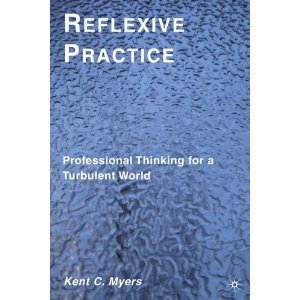Integrity – A New Model
“INTEGRITY: A POSITIVE MODEL THAT INCORPORATES THE NORMATIVE PHENOMENA OF MORALITY, ETHICS, AND LEGALITY”
Academic Paper in Progress
Werner Erhard and Professor Michael C. Jensen discuss their positive model of integrity that links integrity and personal and corporate performance. They address integrity in a developing academic paper, whose primary purpose is to present a positive model of integrity that provides a powerful access to increased performance for individuals, groups, organizations, and societies.
The creation of this model reveals a causal link between integrity and increased performance. Through the work of clarifying and defining what integrity is and it’s causal link to performance, this model provides access to increased performance for private individuals, executives, economists, philosophers, policy makers, leaders, legal and government authorities.
Phi Beta Iota: In late 2009 we pointed to a very important paper in Reference: Integrity–Without it Nothing Works. That first posting focused on the US member of the two-person team doing all of this original work. Now we focus on Werner Erhard, whose home page offers a rich combination of background plus a diversity of supporting sources.
Below are a handful of links, we strongly recommend deep attention to every aspect of the web site. Integrity is a theme that runs through history and the work of, among others, Will Durant and Buckminster Fuller and Robert Steele. These two authors, Mssrs. Erhard and Jensen, better than anyone else in modern time, have articulated the pragmatic paradigmatic role that integrity plays in doing what Russell Ackoff calls “doing the right things” and Kent Myers calls “reflexive practice.
Dialogue with Werner H. Erhard and Michael C. Jensen. Integrity: Where Leadership Begins
“Beyond Coordination and Control Is… Transformation” – EconomicPrinciples.com
Do Markets Need Integrity? – A Publication of the Yale School of Management
Integrity – A Business Conference – Photo Slide Presentation





